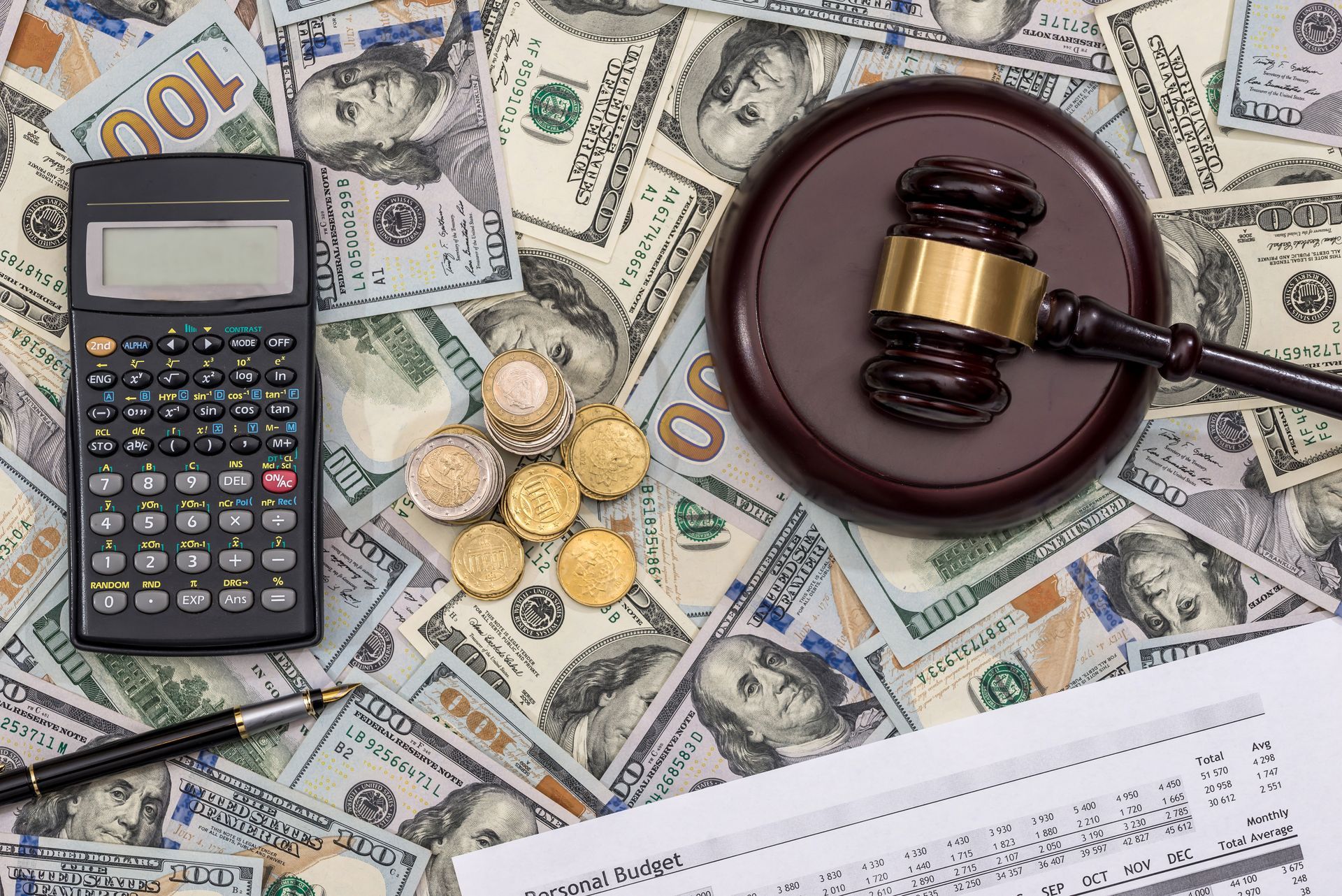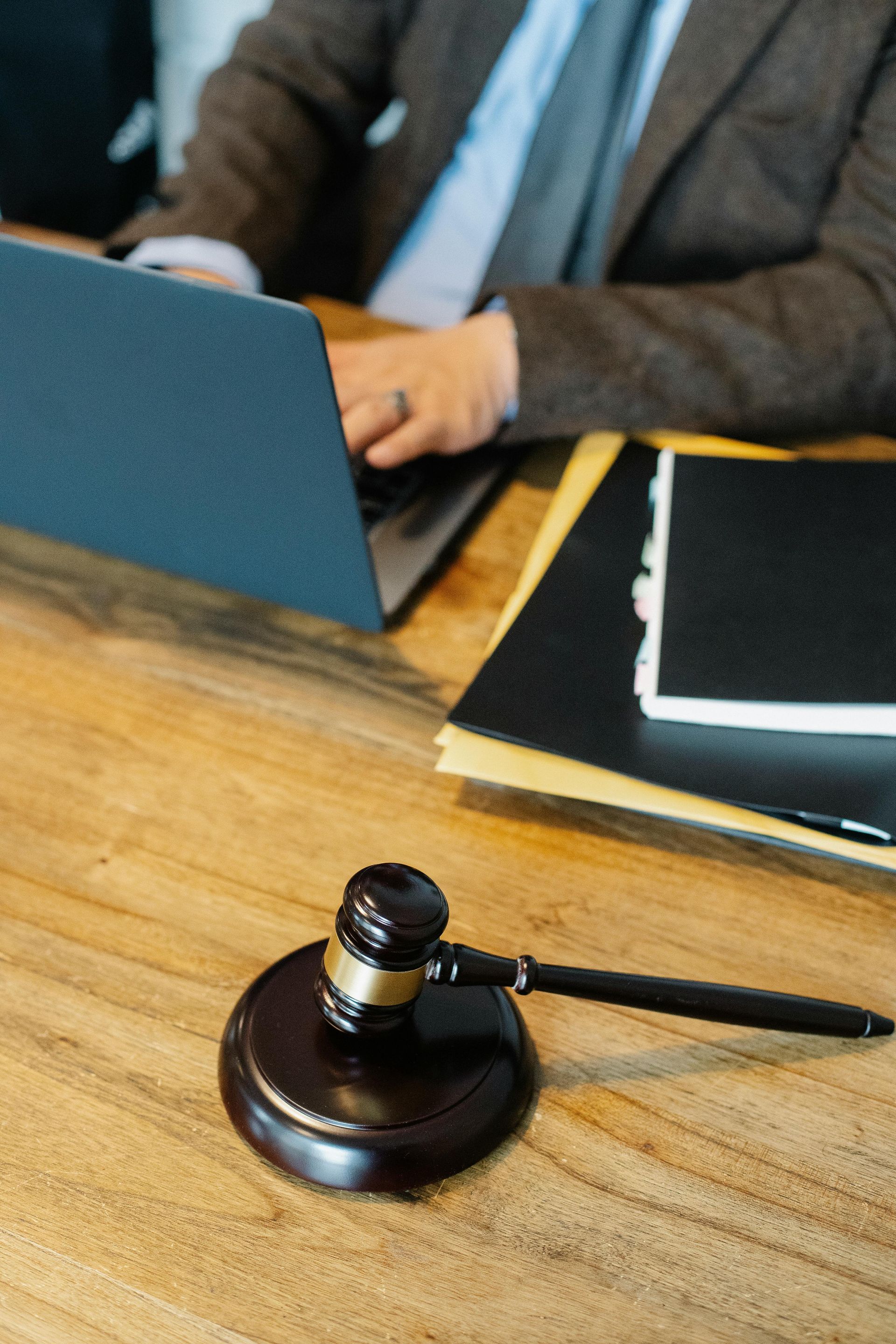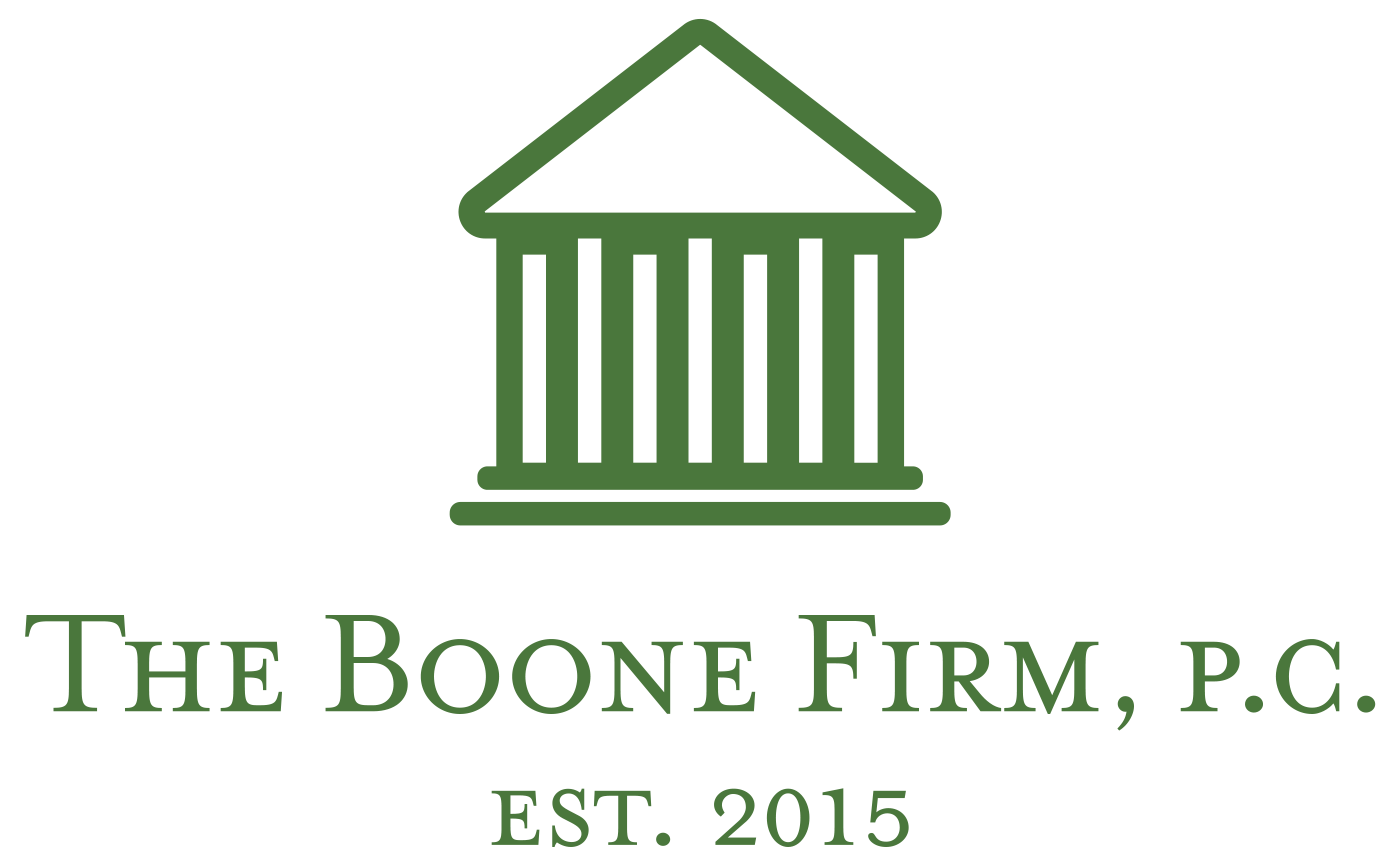Contact Us
Phone: 470-765-6899
Location
2881 Main Street
Suite 200
East Point, GA 30344
Hours
- Mon - Fri
- -
- Sat - Sun
- Closed
Understanding the Differences Between Chapter 7 and Chapter 13 Bankruptcy
Understanding the Differences Between Chapter 7 and Chapter 13 Bankruptcy
Bankruptcy can be a frightening prospect, but for many individuals and businesses, it represents a chance for a fresh start. However, if you're thinking about filing for bankruptcy, you need to understand the differences between Chapter 7 and Chapter 13. At The Boone Firm, P.C., we have extensive experience handling bankruptcy cases in Atlanta, and we can help you determine which bankruptcy chapter is right for you. In this blog post, we'll explore the key differences between Chapter 7 and Chapter 13 bankruptcy, and who should consider each option.
Chapter 7 bankruptcy, also known as "straight bankruptcy," is a liquidation process where all of your unsecured debts (such as credit card debt and medical bills) are discharged. This means that you will not be required to repay most of your debts, with some notable exceptions. If you have significant assets, they may be sold to help pay off your creditors. In addition, Chapter 7 bankruptcy can affect your credit score for up to 10 years. If you have a low income and few assets, Chapter 7 bankruptcy may be the best option for you.
Chapter 13 bankruptcy is a reorganization process where you keep your assets, but you set up a repayment plan to pay off your debts over a period of three to five years. This is known as a "wage-earner" bankruptcy, as it is typically used by individuals with regular income. Chapter 13 bankruptcy is often the best option if you have significant assets that you want to protect, or if you have a high income that would make you ineligible for Chapter 7 bankruptcy.
If you're wondering whether you should file for Chapter 13 or Chapter 7 bankruptcy, here are a few factors to consider:
- Income: If your income is below the median for your area, you may be eligible for Chapter 7 bankruptcy. If your income is above the median, you may need to file for Chapter 13 instead.
- Assets: If you have significant assets, such as a home or a car, Chapter 13 may be a better option as it allows you to keep your assets while still resolving your debts.
- Debts: If most of your debts are unsecured, such as credit card debt or medical bills, Chapter 7 may be a better option as you can discharge those debts entirely. If you have secured debts, such as a mortgage or car loan, Chapter 13 may be better as it allows you to catch up on those payments.
At The Boone Firm, P.C., we can help you determine which bankruptcy chapter is right for you based on your individual circumstances. We're committed to helping our clients achieve a fresh start and move on from their financial difficulties.
Filing for bankruptcy is a significant decision that can affect your financial future for years to come. Whether you should file for Chapter 7 or Chapter 13 bankruptcy depends on a variety of factors, including your income, assets, and debts. At The Boone Firm, P.C., we have the experience and knowledge to help you make the best decision for your unique situation. Don't let the fear of bankruptcy hold you back from achieving a fresh start. Contact us today to schedule a consultation and learn more about how we can help you navigate the bankruptcy process.
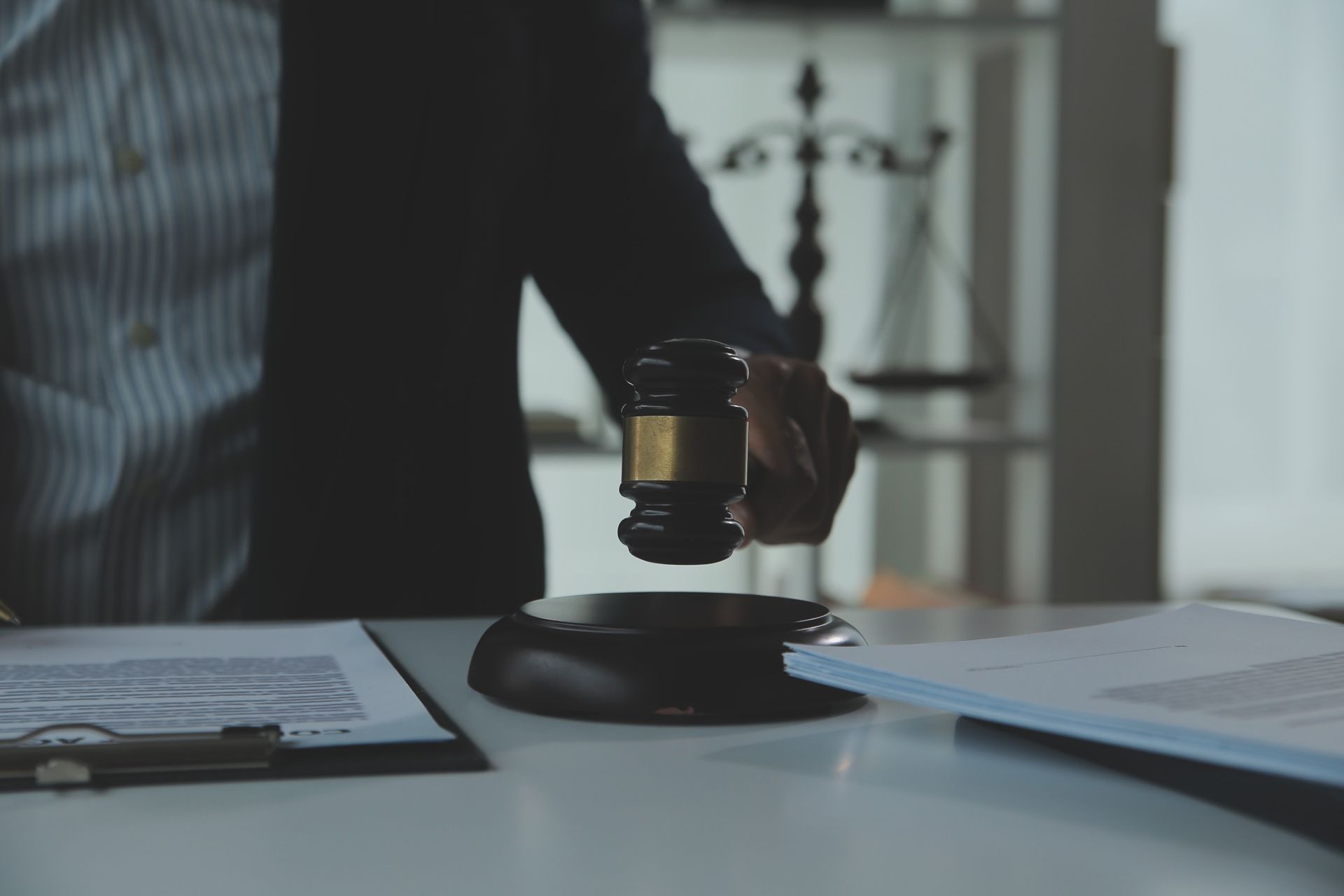
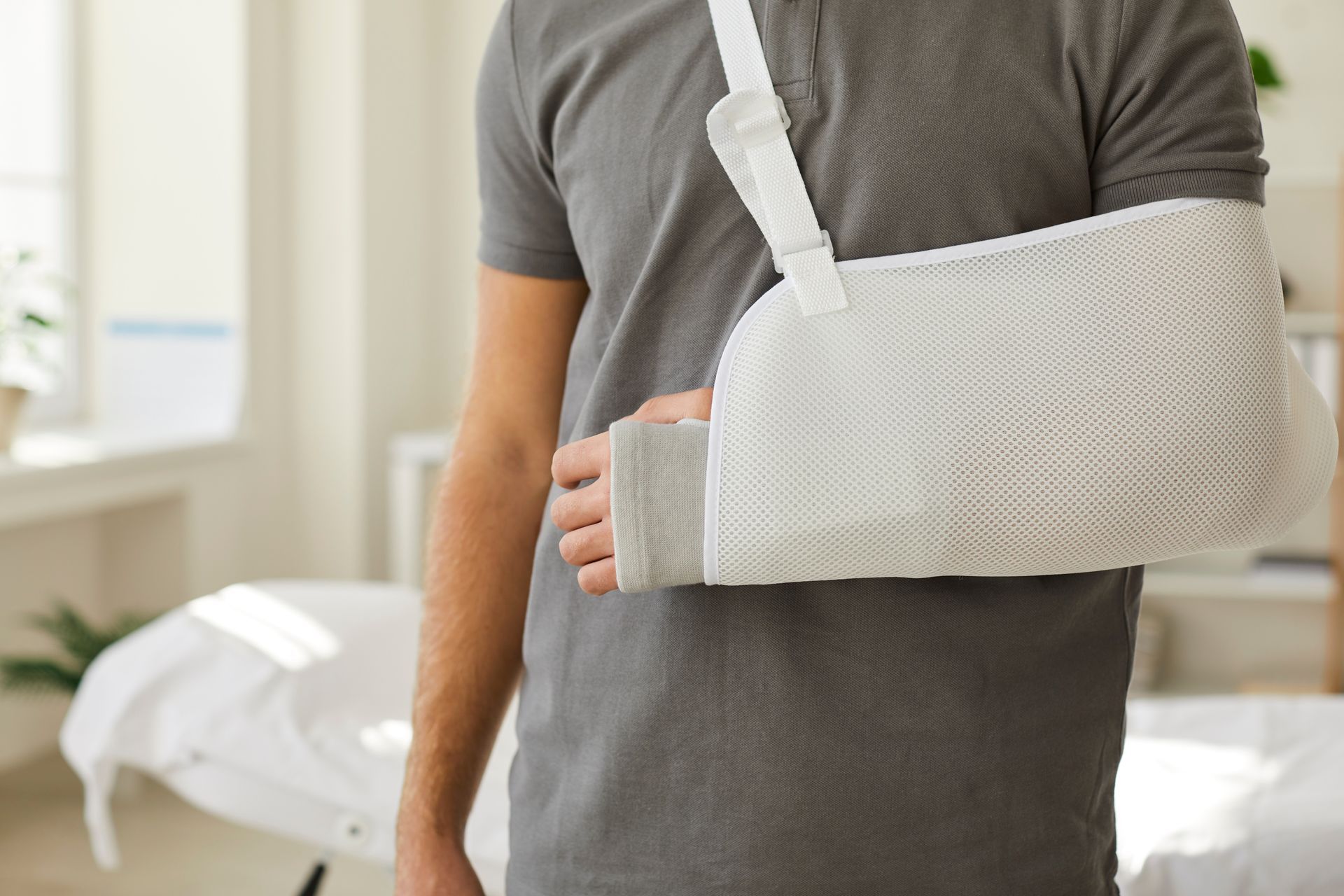
Schedule a Case Evaluation
Contact us now!
Homepage FCE Form
We will get back to you as soon as possible.
Please try again later.
By submitting this form, you agree to be contacted by our law firm, either by phone, text or by email.
Hours
- Mon - Fri
- -
- Sat - Sun
- Closed
Disclaimer: The information on this website is for general information purposes only. Nothing on this site should be taken as legal advice for any individual case or situation. This information is not intended to create, and receipt or viewing does not constitute an attorney-client relationship.
All Rights Reserved | The Boone Firm | Powered By Convert It Marketing | Privacy Policy
All Rights Reserved | The Boone Firm | Powered By Convert It Marketing | Privacy Policy
